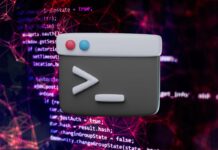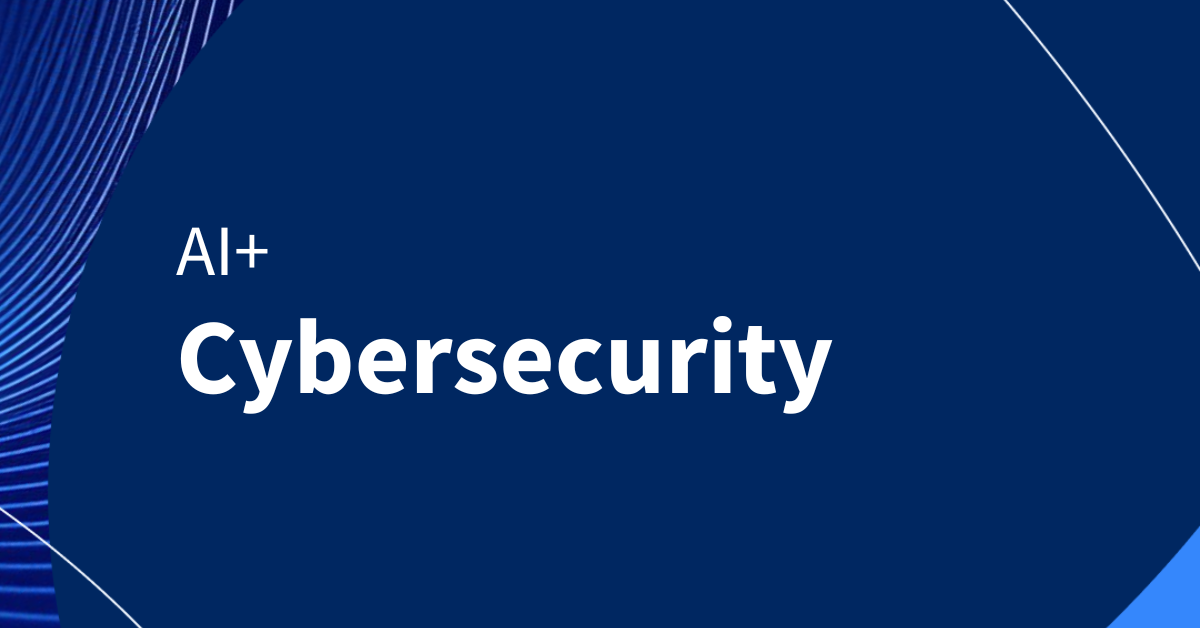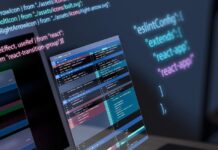In the rapidly evolving world of technology, understanding and mastering practical Artificial Intelligence (AI) skills has become essential for professionals across various fields. In our previous discussions, we emphasized how enhancing AI skills can significantly boost productivity regardless of one’s job role. This week, we turn our focus to a crucial sector where AI skills are making a significant impact: cybersecurity.
Cybersecurity has become a vital part of our digital lives, tasked with the protection of data and computer networks from malicious cyber threats. If you use any form of digital device—whether a computer, smartphone, or tablet—cybersecurity is something that affects you directly. This is because our increasing engagement with digital technologies makes us vulnerable to cyber threats, and AI is playing a central role in both the enhancement and the threats to cybersecurity. Let’s delve into how AI is changing the landscape of cyber safety and why it matters to all of us.
The Transformative Role of AI in Cyber Safety
As technology users, many of us have developed a reasonable level of cyber safety awareness. Common protective measures include using email spam filters, creating robust password systems, and implementing two-factor authentication for online accounts. While these steps are vital for safeguarding against cyber threats, the reality is that AI is revolutionizing both the defenses and the offenses in cybersecurity.
AI offers immense potential to enhance efficiency and productivity, but unfortunately, it can also be harnessed by cybercriminals to advance their illegal activities. AI enables cybercrime to become more sophisticated and challenging to combat. Here are several ways in which AI is being utilized by cybercriminals:
- AI-Powered Password-Cracking Tools: These tools can deduce commonly used seven-digit passwords within mere minutes, posing a significant threat to digital security.
- Adaptive Attack Patterns: These are attack strategies that can modify their code to infiltrate and spread through systems, making them difficult to detect and neutralize.
- Generative Malware: This type of malware allows individuals with minimal programming skills to create malicious software and tools, broadening the pool of potential cybercriminals.
- AI-Driven Deepfakes: These sophisticated technologies can create fake videos and audio recordings that are almost indistinguishable from real ones, making it easier for cybercriminals to deceive and manipulate victims.
The emergence of these AI-driven threats underscores the importance of staying informed about cybersecurity risks and taking proactive measures to protect our digital lives. Fortunately, cybersecurity professionals are continually working to safeguard our data by harnessing AI technologies to counteract these threats.
Leveraging AI for Cyber Defense
Cybersecurity experts are at the forefront of using AI to detect and mitigate emerging cyber threats. These professionals utilize AI in several innovative ways to enhance digital security:
- AI-Driven Malware Detection: AI systems can analyze vast amounts of data to identify unusual file characteristics and code patterns indicative of malicious software. This capability allows for more effective detection and prevention of cyber threats.
- AI-Enhanced Security Analysis Tools: These tools can process and analyze security logs and records much faster than human analysts, enabling quicker identification of potential threats and vulnerabilities.
- AI-Powered Monitoring Solutions: These advanced monitoring systems continuously oversee complex networks and can respond promptly to any breaches or security risks.
Some well-known AI tools used by cybersecurity professionals include IBM Security Verify, Amazon GuardDuty, and CylanceENDPOINT. These tools exemplify how AI is being integrated into cybersecurity strategies to bolster defenses against increasingly sophisticated cyber threats.
Expanding Your Knowledge in AI and Cybersecurity
For those interested in combating cybercrime, there are numerous educational resources available to expand your knowledge and skills in AI and cybersecurity. Here are some opportunities to consider:
- University of Maryland’s "Cybersecurity for Everyone" Course: This free course is an excellent starting point for anyone curious about a career in cybersecurity, offering insights into the field without any financial risk.
- Google Cybersecurity Professional Certificate: This program is designed to equip learners with the skills needed for entry-level cybersecurity roles. Enrolling before a specific date also grants free access to the Google AI Essentials course, enhancing your AI knowledge.
- Microsoft Cybersecurity Analyst Professional Certificate: This certification is tailored for job readiness and prepares candidates for the Microsoft SC-900 Certification exam, an industry-recognized credential.
- IBM Generative AI for Cybersecurity Professionals Specialization: Aimed at professionals looking to advance their careers, this specialization offers intermediate-level courses that integrate AI knowledge and tools into your existing skill set.
Conclusion
The intersection of AI and cybersecurity is a dynamic and critical area of technological advancement. As AI continues to evolve, so too do the strategies for both protecting and attacking digital assets. Staying informed and continually updating your skills is essential in this ever-changing landscape.
For those eager to make a difference in the world of cybersecurity, there are abundant resources and opportunities to grow your expertise and make a meaningful impact. Whether you are just starting out or looking to enhance your existing skills, embracing AI in cybersecurity is a journey worth undertaking.
For more Information, Refer to this article.

































